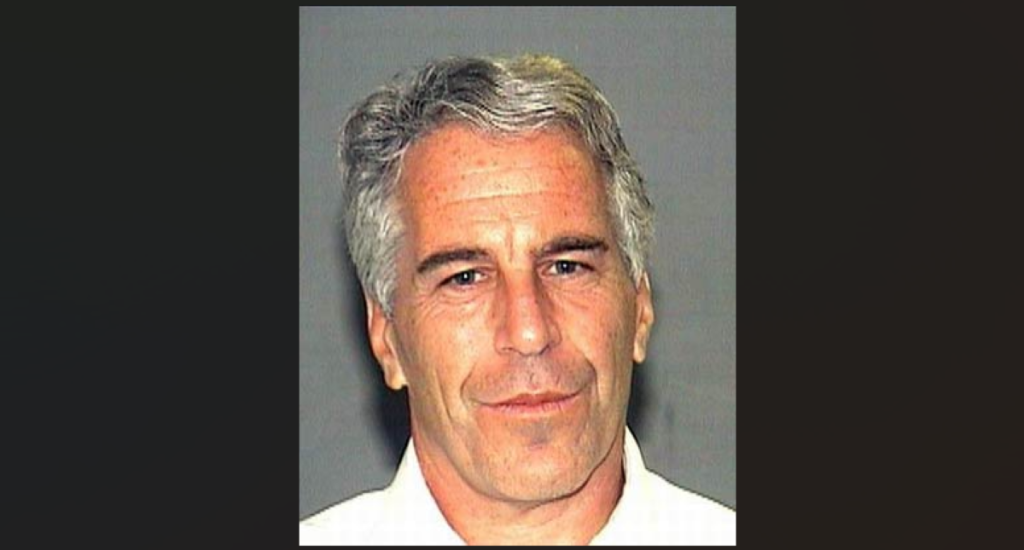With the 218th signature now secured, here’s what happens next.
Others are reading now
The push to force the release of the Jeffrey Epstein case files is officially moving forward in the U.S. House of Representatives, after Rep. Adelita Grijalva’s swearing-in on Wednesday provided the 218th and final signature on a discharge petition.
This procedural move now kicks off a series of steps that could lead to a vote on a bill requiring the full disclosure of Epstein-related documents, despite opposition from House leadership and President Donald Trump.
What is a discharge petition and why is this one important?
A discharge petition allows any member of the House to bypass leadership and force a vote on a bill if they collect signatures from a majority of members. In this case, 218 out of 435.
It’s a tool seldom used and rarely successful, but now the petition, spearheaded by Rep. Thomas Massie (R-KY) and Rep. Ro Khanna (D-CA), has cleared the threshold.
Although Grijalva’s signature ensures the issue must be brought to the floor, that doesn’t mean a vote will happen right away, or that the measure will ultimately become law.
Also read
Next steps: the ‘ripening’ period begins
After the final signature is added, House rules require a waiting period of seven legislative days (days the House is officially in session) before a member can formally bring the bill to the floor.
This means the earliest a vote could happen would be in early December, depending on how the House calendar unfolds.
House Speaker Mike Johnson then has two legislative days to schedule the vote.
He has previously said he would honor the process, stating, “If they get their signatures, it goes to a vote.”
However, he’s also called the effort “moot,” pointing to separate ongoing investigations.
Also read
Can GOP leadership block the vote?
Yes. Johnson could still attempt to delay the vote by sending the bill to a committee or asking for a motion to table it.
These tactics wouldn’t stop the petition itself, but they could slow or complicate the process.
If the vote proceeds, it will force lawmakers — especially Republicans — to choose between aligning with Trump, who has dismissed the bill, or voting to release documents that could reveal new details about Epstein’s crimes and connections.
What about the Senate?
Even if the House passes the bill, the Senate is unlikely to act on it. Senate Majority Leader John Thune and other Republicans have expressed skepticism, saying the Justice Department has already released thousands of pages of Epstein-related files.
Sen. Chuck Schumer tried to push a similar measure in September, but Senate Republicans blocked it — with only two voting in favor.
Also read
Source: CNN.


